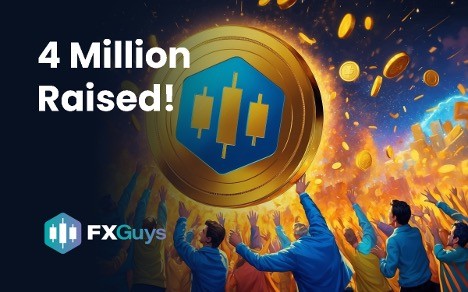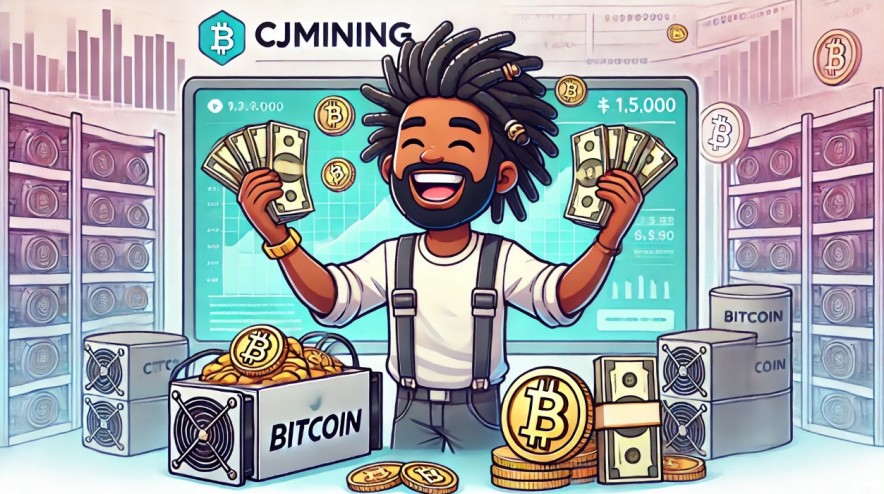Broadening Financial Horizons Through Thoughtful Reading
Oct 23, 2025, 5:55pm
Not every financial lesson is learned through trial and error. Some are quietly absorbed through pages filled with insights that challenge habits and widen views. Thoughtful reading nudges the mind toward fresh possibilities—especially in matters of money.
The Quiet Power of a Well-Chosen Book
Books about budgeting mindset investing or even historical shifts in trade have long served as mirrors and maps. Many people include Z-lib in their daily reading habits finding gems that wouldn’t make it to a bestseller list but spark new ways of thinking. The consistent flow of ideas from these texts can lead to surprisingly practical shifts—from the way someone manages daily spending to how they prepare for retirement.
When Reading Becomes a Tool for Financial Growth
Reading shapes how people think about value not just in terms of dollars but in how time energy and goals are spent. Take someone who reads biographies of entrepreneurs. That person starts to see setbacks not as dead ends but as redirections. Or consider those drawn to behavioral economics—they begin to spot their own decision-making traps before falling into them.
One often overlooked perk of this kind of reading is pattern recognition. Over time readers develop a sense for what financial strategies are sustainable and which ones crumble under pressure. This kind of subtle education doesn’t shout but it sticks. And it makes a difference during uncertain times. That’s also why sources such as reddit tend to pop up in conversations about accessible knowledge.
How Reading Expands Financial Perspective
Reading across genres—from history and sociology to psychology—allows a broader view of what shapes financial systems. It’s not just about money itself but the forces that guide how people earn spend and save. Books encourage a zoomed-out lens offering context for personal choices.
Understanding inflation isn’t just about reading statistics. It becomes real through narratives of people who lived through economic shifts. Reading about the dot-com bubble or post-war recoveries connects present fears to past patterns—making today’s decisions a little less daunting.
There’s a simple truth at play here: what the mind repeatedly absorbs it begins to reflect. In financial terms that means sharper judgment and stronger instincts.
A few underrated ways reading opens financial doors include:
- Reading About Failures Not Just Successes
Books that document failures—be they personal bankruptcies or corporate collapses—hold tremendous value. They show how optimism without caution can lead to ruin. These stories often carry deeper impact than tales of success because they’re relatable raw and honest. Learning from others’ missteps builds a mindset grounded in realism rather than hype.
- Exploring Fiction with Economic Themes
Fiction is rarely considered financial reading yet novels like “The Grapes of Wrath” or “The Bonfire of the Vanities” embed powerful lessons. These stories humanize markets showing the ripple effects of policies decisions and disasters. Readers come away with not just emotional responses but a deeper sense of how economics touches everyday lives.
- Delving Into Regional Financial History
Books that focus on specific countries or regions reveal the unique ways communities handle scarcity growth and trade. Understanding these differences nurtures global awareness. That becomes a valuable asset in a world where economies intertwine more every day. The deeper the understanding the sharper the competitive edge.
These kinds of readings do more than inform—they equip. Once someone sees the world through broader financial lenses it’s hard to go back to guesswork.
Turning Quiet Reflection Into Practical Action
The best thing about financial reading is its quiet persistence. Ideas picked up during a bus ride or before bed can surface later in boardroom decisions or grocery store budgeting. Knowledge sits patiently until it’s needed.
Not every book will spark a revelation. But over time consistent reading sharpens thought deepens patience and invites bigger questions. That’s the kind of slow growth that eventually leads to solid change.





